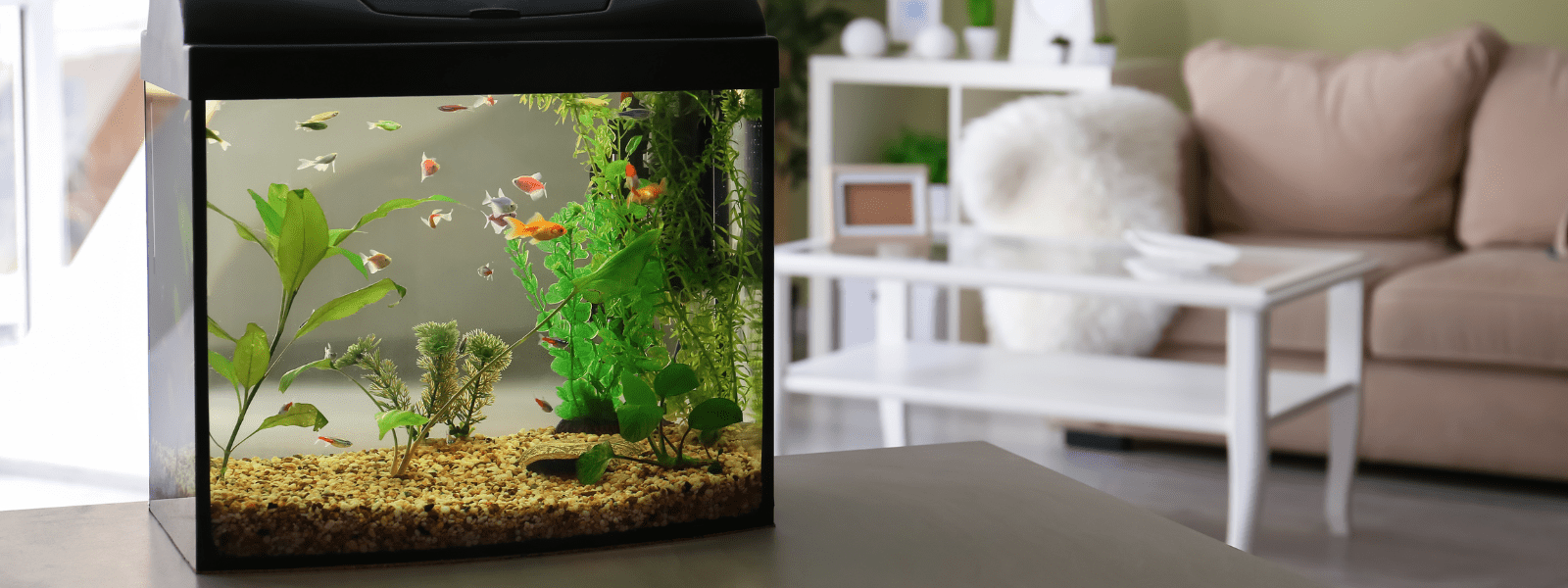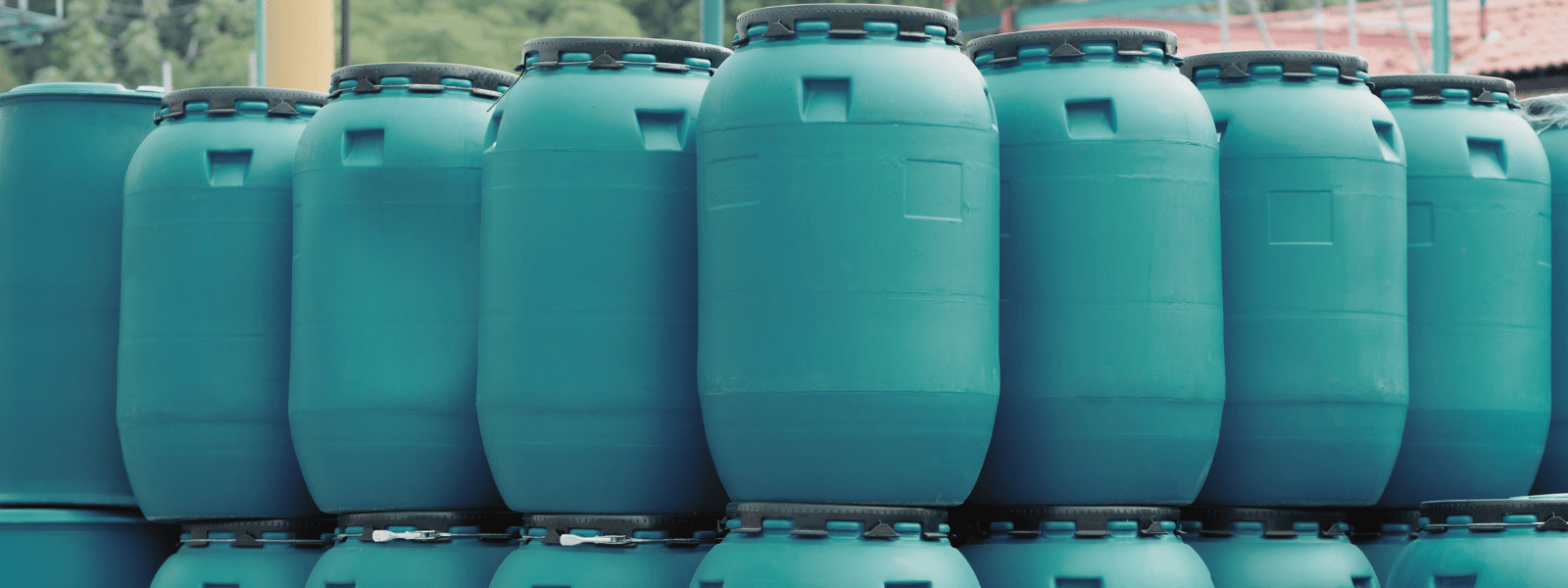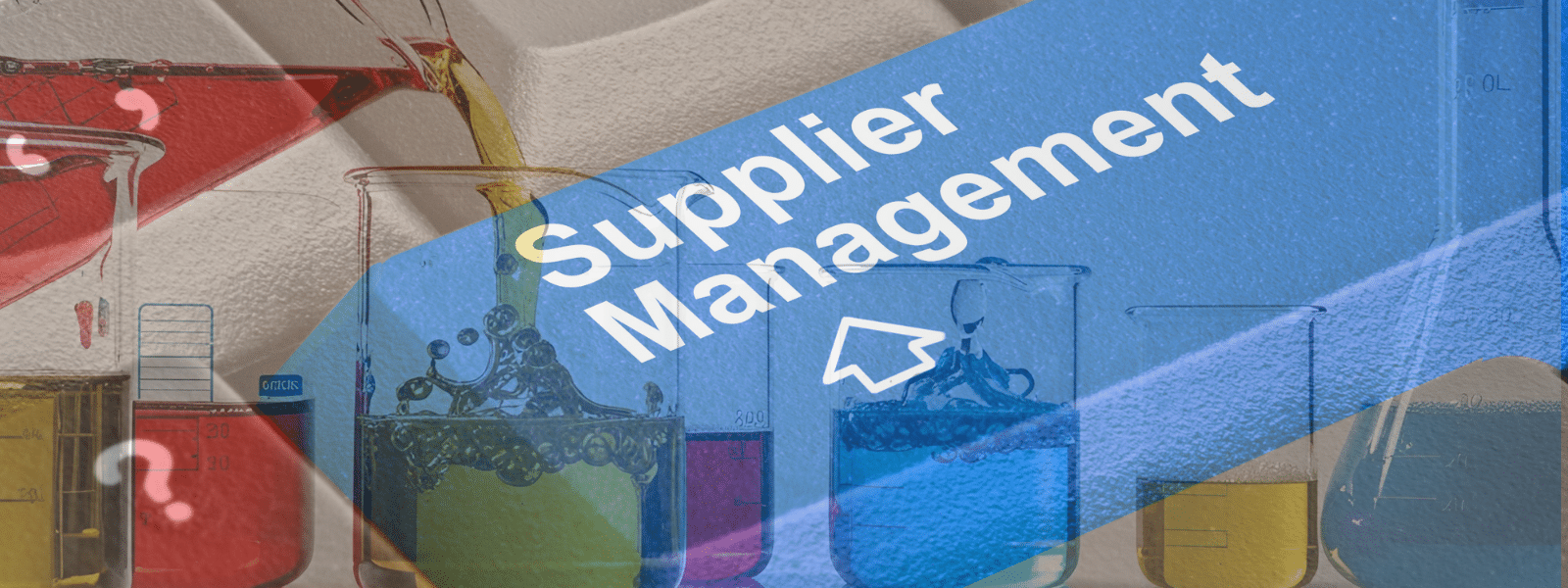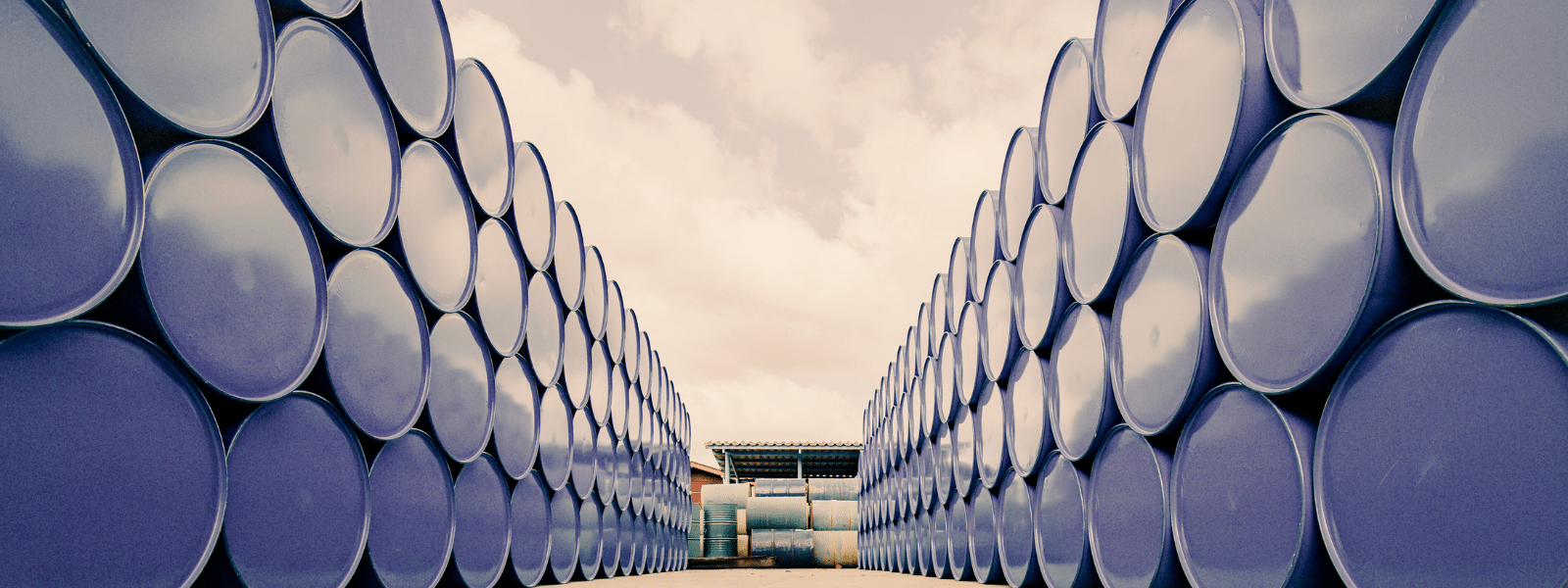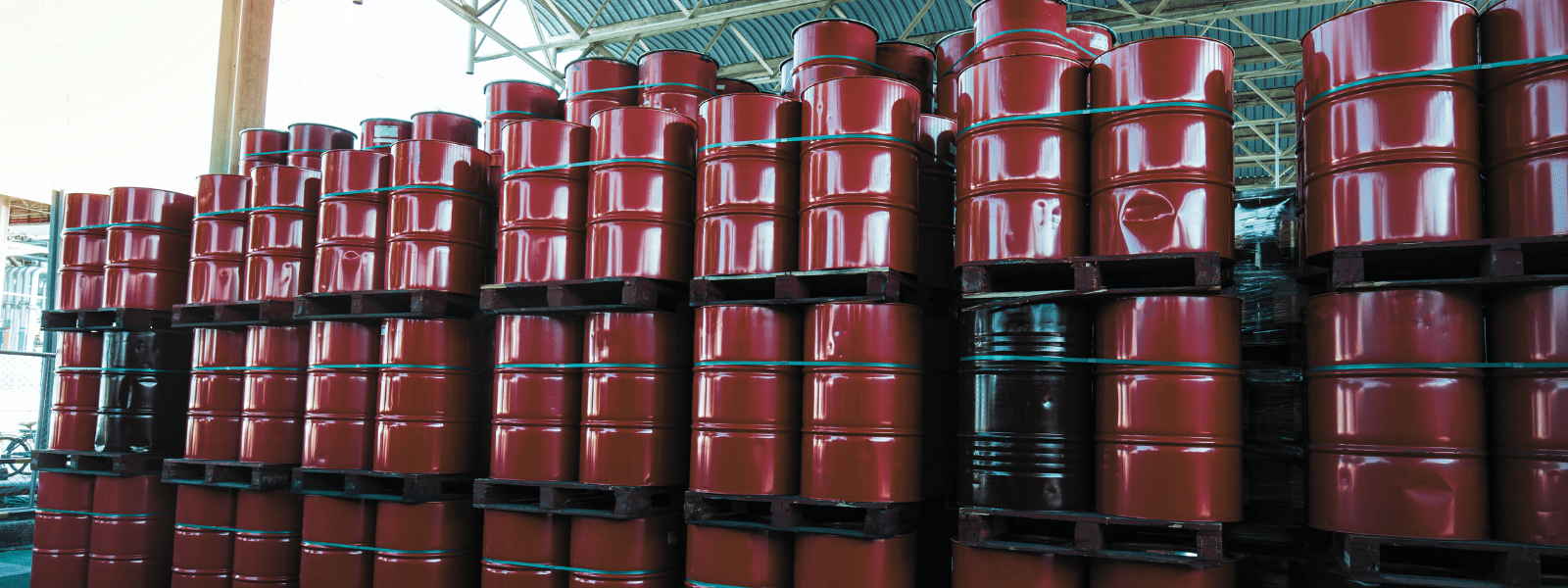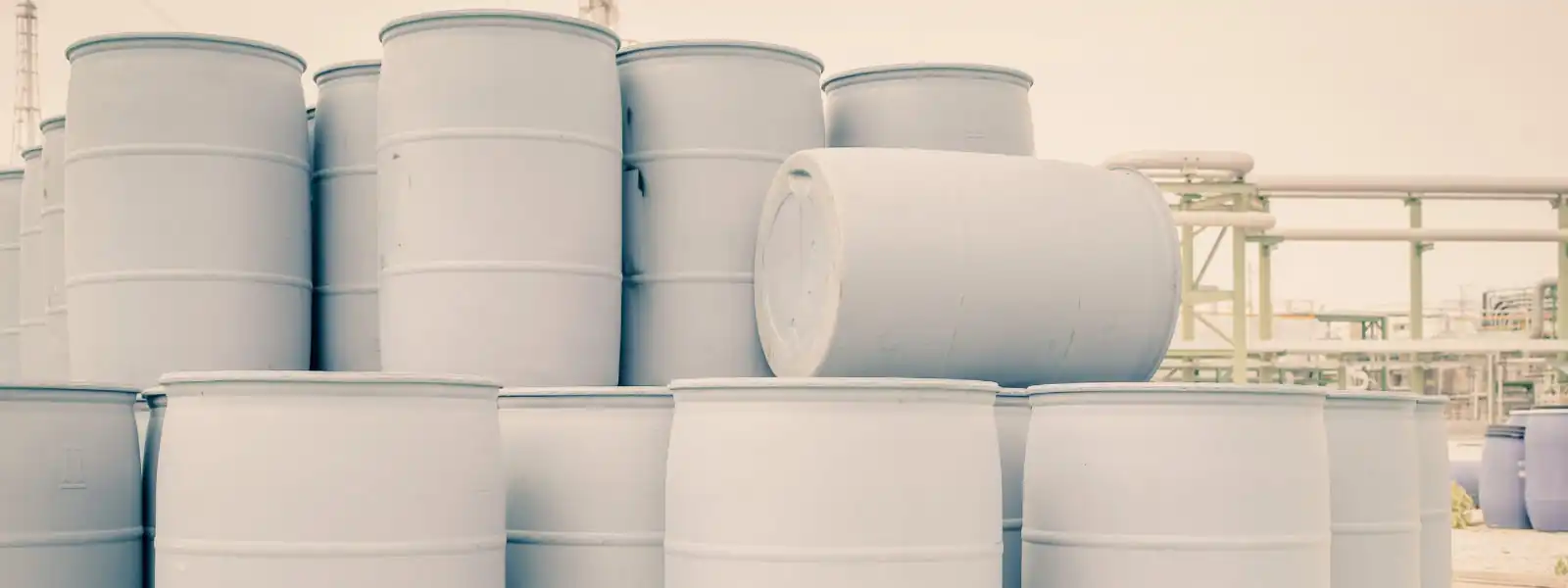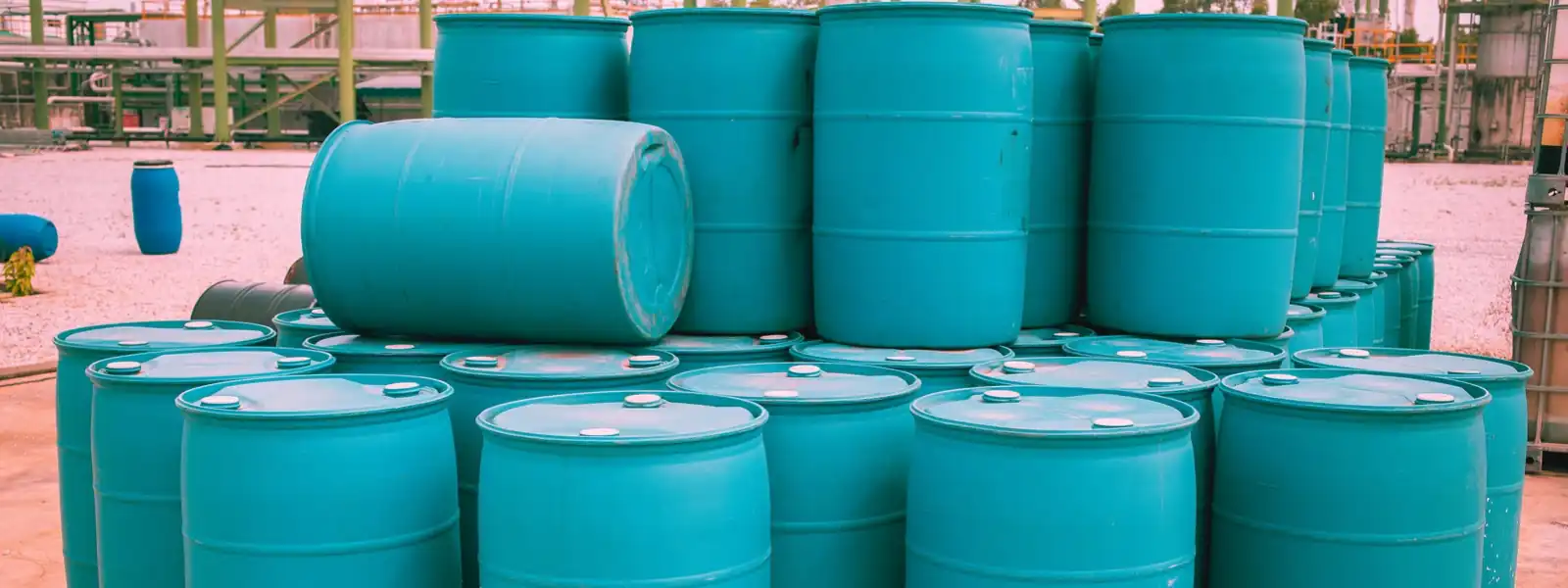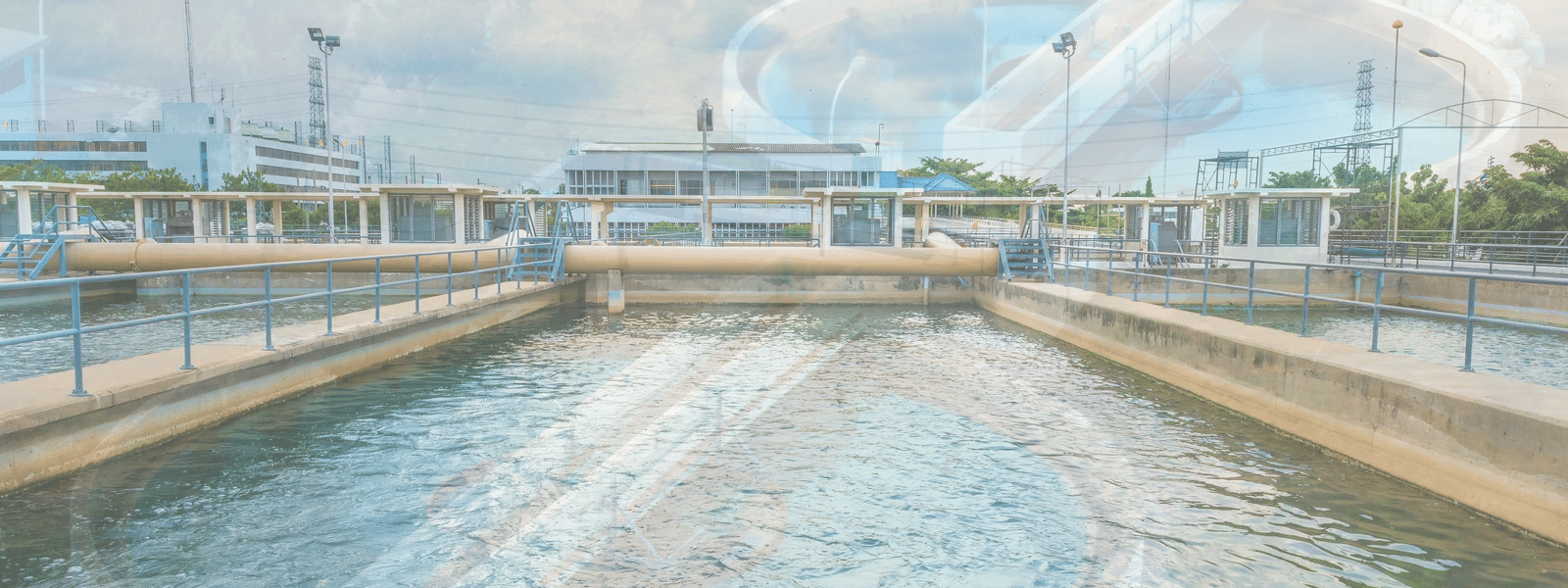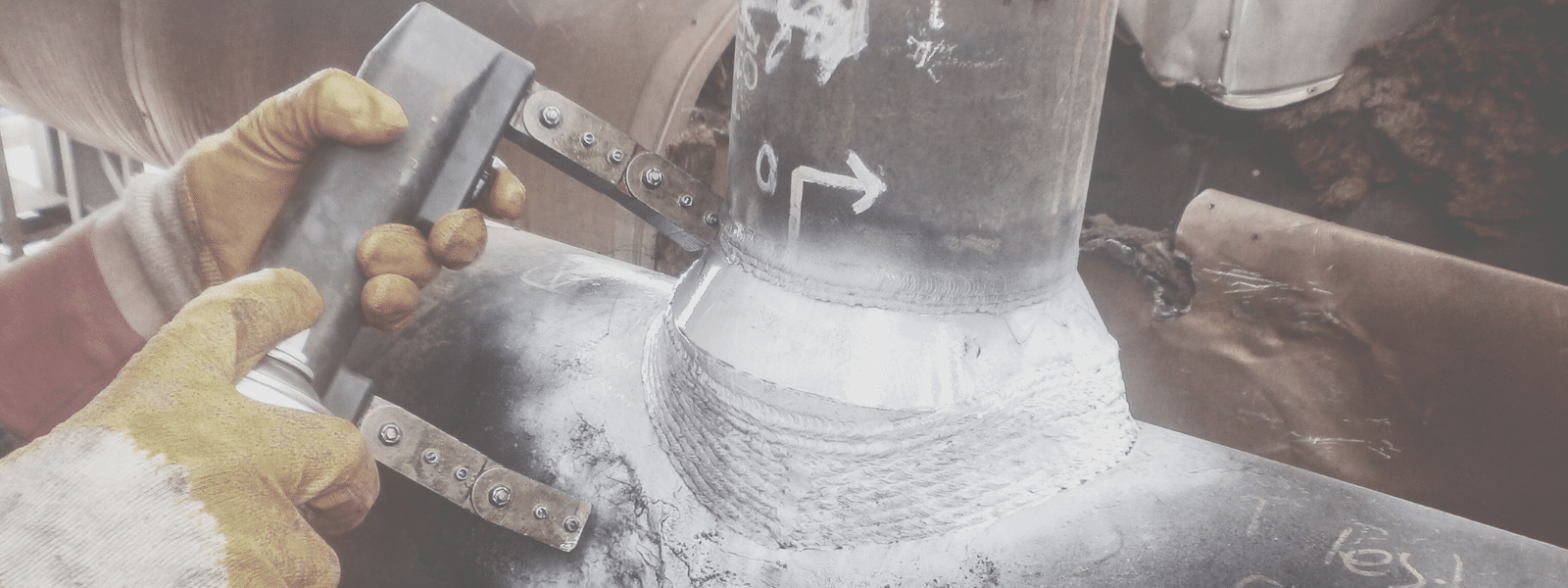Water cooling systems, like any space that contains a lot of water, are susceptible to many types of issues. Just as fish tanks require frequent filtration and chemical additives to maintain stable conditions, and make sure the fish remain healthy, cooling water requires treatment to prevent living creatures from growing.
There are hundreds of chemical additions that may be incorporated into water to keep it healthy. In this blog post, we’ll examine the types of additives and the problems they address.
Examples of Cooling Water Additives
Many different categories of additives are used to keep cooling water safe. These types and a few examples include…
Oxidizing biocides = chlorine, bromine, ammonium
Non-oxidizing biocides = carbamate, glutaraldehyde, guanides
Corrosion inhibitors = zinc, nitrate, polyphosphates
Scale inhibitors = polyphosphates, acrylate polymers, phosphonates
pH adjusters = sodium carbonate, hydrochloric acid, magnesium hydroxide
Water softeners = lime (calcium oxide), resin
Many of these chemicals wear multiple hats, which often has to do with the roles that they play. For example, hard water and acidic conditions often lead to increased scaling, so scale inhibitors may work by lowering the pH to an acidity specifically intended to prevent a certain type of mineral from depositing.
However, the pH of water also has impacts on biological activity, so they can be considered for several functions.
Problems That Additives for Cooling Water Address
Systems that rely on water for cooling may run into many different types of problems, though most can be described as types of fouling. Fouling refers to the build-up of extra deposits, which can prevent the system from working properly. Some examples of fouling, and other issues that additives address include…
- Corrosion
- Scaling
- Biofouling (bacteria, algae, fungus, other microorganisms)
All these types of fouling can cause serious issues, like clogging, and a loss of efficiency. Biofouling can insulate the metals intended to transfer heat to the surrounding water, thus hindering the water’s ability to cool.
Scaling, which refers to the deposit of minerals in solid or crystalline form, can congregate in smaller pipes and clog necessary water flow. Additionally, large amounts of scaling can lead to increased corrosion. Corrosion occurs when atoms in the water oxidize exposed metal, causing them to deteriorate. Corrosion also creates some scaling deposits, like iron oxide deposits from rusting iron.
Looking for Some Effective & Eco-Friendly Chemical Additives?
Making sure your cooling water system is uninhibited by buildup and corrosion is important for efficiency and safety. Ecolink is prepared to help provide effective chemicals for many of the potential problems that you may have.
Please reach out to our chemical experts today for assistance finding the best chemicals for your industrial needs!





